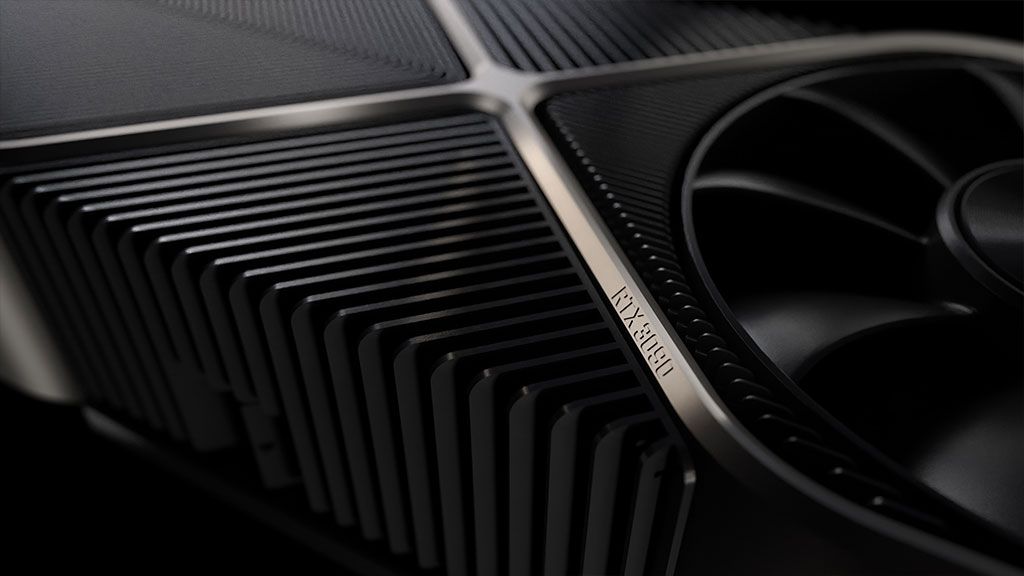I wish more people would give AMD a chance, but tbh it's not a surprise that things are as they are. I recently got a 7900 GRE, and I honestly think that at that price, it's an excellent deal. Anyone shopping at $500 has good reason to go AMD. At most other prices ranges, though, eh.....
It's a shame. But the truth is the from almost any angle, Nvidia's doing better. You don't hear about Nvidia drivers crapping their pants a couple of times a year. DLSS is the best upscaling tech around, RT performance is significantly better, and Nvidia has that momentum as a brand that really sped up when they launched Pascal. If AMD had managed to get something right with, say, a theoretical 5800XT to compete against Nvidia when the 20 series was controversial, things would've been different. But the 5700 XT came late, seemed more like an experiment than a finished product, and driver issues were apparently a real pain. Nobody here seems to have mentioned it, but I think that the 6000 series was a good effort. RT and upscaling aside, performance was good against Nvidia's 30-series while using less power and having more VRAM. The 7000 series has kind of been a disaster from the outset. Bad marketing pre-launch, lack of significant improvement on multiple features and at least a few minor driver issues still persisting have caused bad optics for sure. Where I think they really screwed up was in the 7600/XT being such a non-improvement. If it was faster and if they had price it well, that could have been another Polaris, because most buying those are entry-level people and care mostly about the numbers, as in howfast.exe and howexpensive.exe. Nevertheless, I stand by the $500 segment being impressive. It is good progress that 6950 XT performance is now available for under $550.
AMD is like one of those directors that made a great movie, but never understood why it was great in the first place. Why did Ryzen sell well? It definitely wasn't because of the early memory problems and the mediocre single-core performance. It was because they at least edged out Intel in something. Cores and multicore performance at good value. They didn't have to beat Intel in everything to get going. They mainly had to just do something right and give buyers some confidence in the purchase. I think that the current problem AMD has in the GPU space is not that their GPUs are bad or that Nvidia completely destroys them. They aren't and the difference isn't massive. But from almost any aspect, the scales tip in Nvidia's favor and that gives great optics and confidence in buyers. It's something I'm sure a marketing expert could explain quite simply. Usually, a brand that's ahead sells X units, and the brand that's behind sells X/2 or less. Just look at the previous console gen. If AMD would fix their drivers and if they would have previously priced their GPUs properly to actually beat Nvidia's rasterization performance/$, I think the 7000 series would have sold incomparably better than what it's doing now in reality.
So I don't think that this is a bad decision on AMD's part. Besides, we're out of the era of constant upgrades in consumer computing, especially in GPUs. Like people in the thread pointed out, Kepler didn't age well. My GTX 670 was already struggling in 2016. But the 970 lasted pretty long. And the 1080 and 1080ti lasted even longer. If AMD can deliver cards that are good value up to the common 1440p use case, I think they'll do fine. In the end, they don't actually have to beat Nvidia. The PC market is huge as a whole. 10-20% market share is still big (Steam survey), and they don't need a RX 8999 for the top. The people using those are in the single-digit range, and you only really need cards like that if you're at 4K (again, very small share), or if your need the computational power for non-gaming applications, where there are also other enterprise options.

